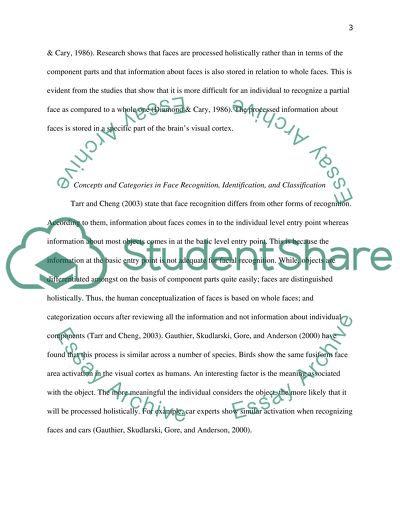Cite this document
(“Face Recognition Essay Example | Topics and Well Written Essays - 750 words”, n.d.)
Face Recognition Essay Example | Topics and Well Written Essays - 750 words. Retrieved from https://studentshare.org/psychology/1435724-face-recognition
Face Recognition Essay Example | Topics and Well Written Essays - 750 words. Retrieved from https://studentshare.org/psychology/1435724-face-recognition
(Face Recognition Essay Example | Topics and Well Written Essays - 750 Words)
Face Recognition Essay Example | Topics and Well Written Essays - 750 Words. https://studentshare.org/psychology/1435724-face-recognition.
Face Recognition Essay Example | Topics and Well Written Essays - 750 Words. https://studentshare.org/psychology/1435724-face-recognition.
“Face Recognition Essay Example | Topics and Well Written Essays - 750 Words”, n.d. https://studentshare.org/psychology/1435724-face-recognition.


